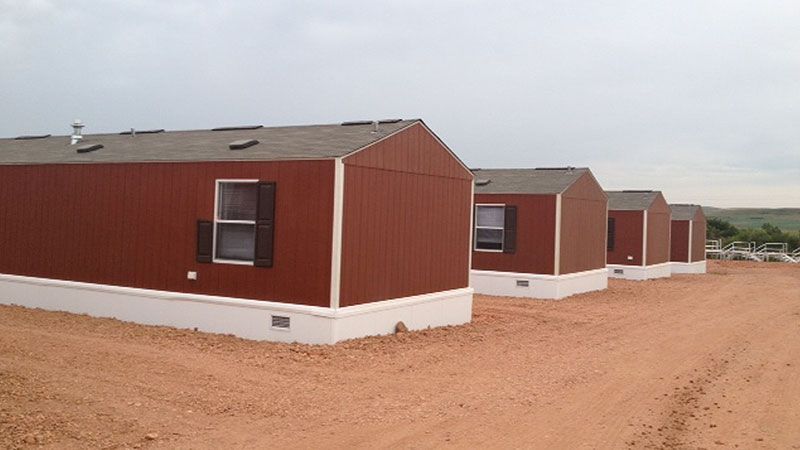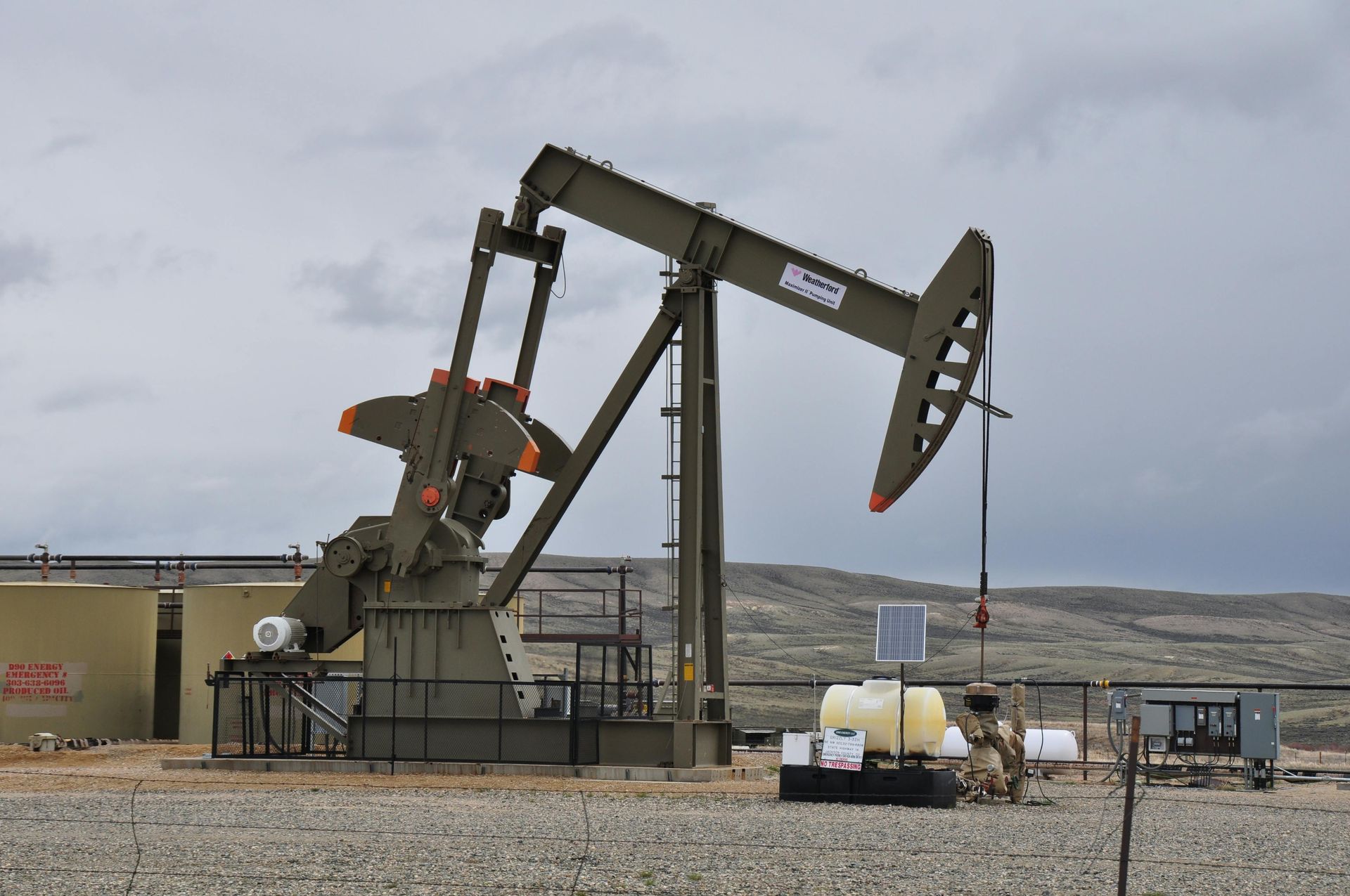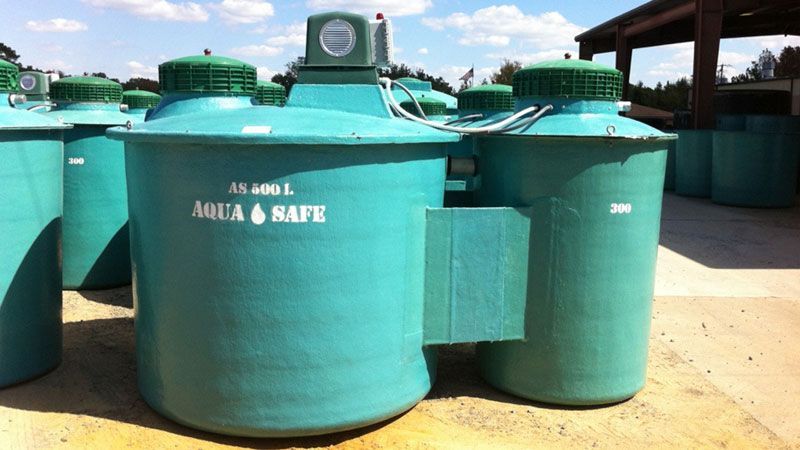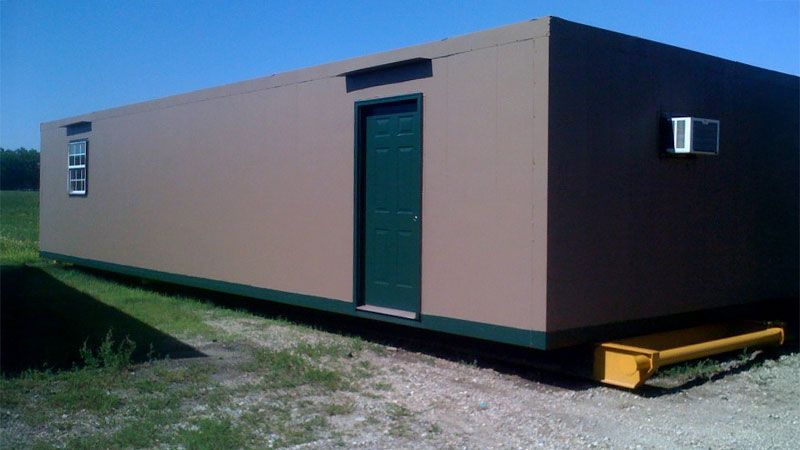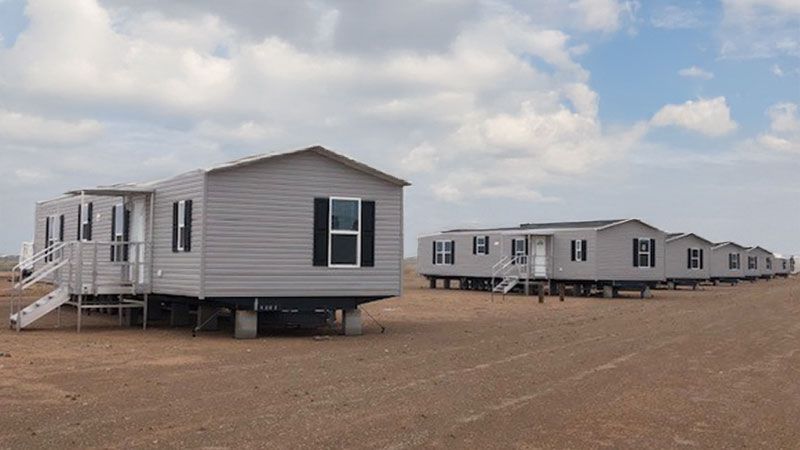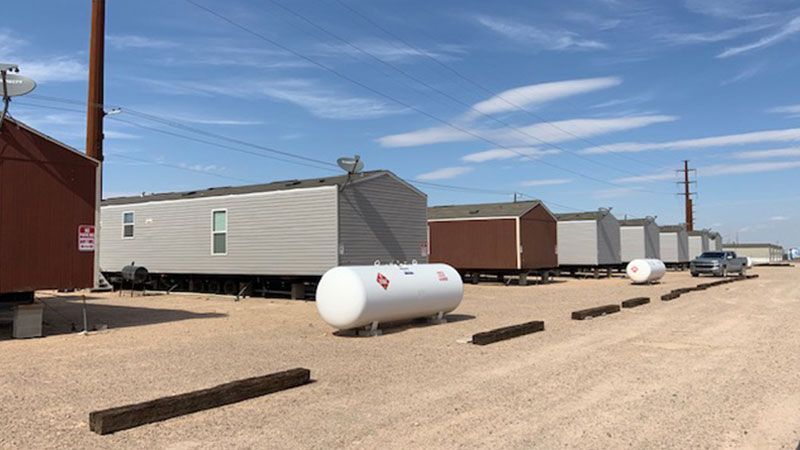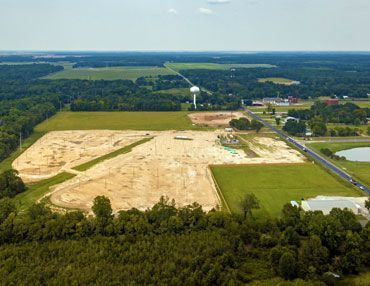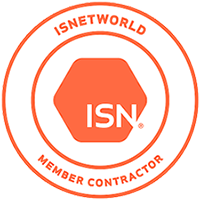Powering Progress: The Strategic Value of Corporate Mobile Housing for Data Center Construction
Powering Progress: The Strategic Value of Corporate Mobile Housing for Data Center Construction
The demand for data centers—driven by cloud computing, AI, and the Internet of Things (IoT)—is soaring. Hyperscale and enterprise projects are now commonly built in remote or semi-rural areas chosen for access to reliable power and fiber optic networks. However, these locations often lack the local infrastructure to house the thousands of specialized laborers needed for these massive, high-speed construction projects.
This is the critical gap that Corporate Mobile Housing (CMH) fills. By providing comprehensive, turnkey workforce housing and infrastructure solutions, CMH enables data center developers and contractors to focus on their core mission: accelerating time-to-market and delivering a reliable facility on schedule.
1. Accelerating the Timeline: Speed and Scalability ⏱️
In the data center race, every month saved is a competitive edge. Housing logistics should never be the bottleneck that delays a $1 billion project.
- Rapid Deployment: CMH specializes in the rapid deployment of complete living environments, including modular housing, RV villages, and all necessary support facilities. This parallel approach means site preparation for the data center itself can proceed while the workforce village is simultaneously being built and commissioned.
- Built-in Flexibility: Data center construction is phasic, with workforce headcounts surging for civil work, then electrical/MEP installation, and finally IT fit-out. CMH's solutions are inherently scalable, allowing developers to quickly add or remove housing units to match the fluctuating size of the on-site crew, ensuring resources are used efficiently.
- Turnkey Execution: The CMH model is turnkey, covering site preparation, utility installation (power, water, sanitation), and furnishing. This eliminates the burden on the developer's project management team from having to coordinate dozens of disparate logistics vendors.
2. Optimizing Workforce Productivity and Retention 👷
Data centers require highly specialized, skilled labor (electricians, HVAC technicians, fiber installers). Attracting and retaining this talent is challenging, particularly when projects last for a year or more in an isolated location.
- Reduced Fatigue, Increased Focus: On-site or near-site housing eliminates long, fatiguing commutes that contribute to burnout and accidents. Well-rested workers are more productive, focused, and safer on the job.
- High Quality of Life Amenities: CMH understands that quality of life is key to retention. Their crew lodging solutions go beyond a basic room, providing:
- Nutritional Food Service: High-quality, consistent meal service is vital for health and morale.
- Recreational Facilities: Gyms, common areas, or TV rooms provide crucial downtime, turning the camp into a supportive community.
- Comfort and Security: A professionally managed site ensures a secure, clean, and comfortable living environment, minimizing worker attrition—a major hidden cost in any large-scale project.
3. Financial and Logistical Control 💰
For multi-billion-dollar data center campuses, predictable costs and centralized logistics provide significant financial advantages.
- Cost Control vs. Hotel Bookings: Consolidating housing into a controlled, on-site environment is often far more cost-effective than scattering thousands of workers across booked-out local hotels, especially in small towns where hotel capacity is rapidly overwhelmed, driving up rates for everyone.
- Simplified Budgeting: A single, comprehensive contract with CMH provides cost certainty for a critical project expense, simplifying budgeting and financial risk management compared to dealing with variable hotel, transportation, and per diem expenses.
- Mitigating Community Strain: Large influxes of construction workers can strain local infrastructure and housing markets, leading to community pushback—a major risk for long-term data center projects. By providing self-sufficient, purpose-built housing, CMH helps the data center company be a better community partner, minimizing impact on local resources.
By partnering with Corporate Mobile Housing, data center companies make a strategic investment in their project's efficiency, their workforce's well-being, and their ultimate success in a fast-moving, high-stakes market.
Would you like me to outline the specific amenities CMH can provide within a typical data center construction village?
